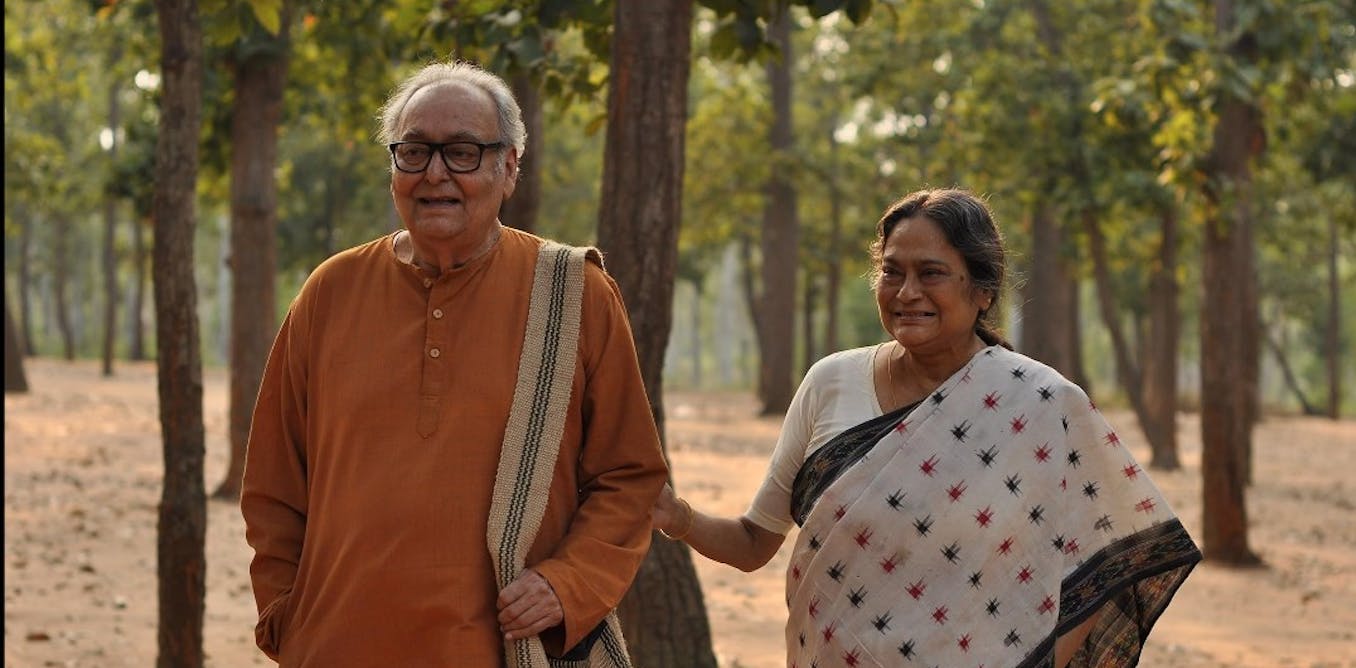by NAVJOT GILL-CHAWLA

Movies can be effective media for spreading health information. Indian cinema, encompassing various regional film industries, holds sway over public perceptions and societal norms.
Movie reviewers and caregiving advocates also note the influence of films on the perception of dementia. Health researchers have also explored dementia in Indian cinema, and highlighted how these films can be a medium to understand cultural issues related to dementia.
Dementia, a complex condition affecting memory, cognitive functions and behaviour, often carries stigma and misunderstanding in many communities, including South Asian communities. Alzheimer’s disease is the most common type of dementia. It involves parts of the brain that control thought, memory and language.
My research focuses on understanding the experiences of people living with dementia and their care partners in Canadian South Asian communities, including their understanding of dementia.
Do experts have something to add to public debate?
Indian cinema has played an role in raising awareness and promoting empathy surrounding dementia. Yet more nuanced and accurate portrayals could go a long way towards informing the public about what can be expected and avoiding reinforcing stereotypes. Such portrayals could also model best practices to support people living with dementia.
Research and culturally inclusive care
Research underscores the importance of culturally inclusive care for people living with dementia. Studies indicate that cultural beliefs and stigma surrounding dementia can hinder the timely diagnosis and management of dementia.
Indian cinema, with its broad reach, can play a pivotal role in addressing these cultural barriers.
By incorporating accurate and sensitive portrayals of dementia, Indian films can educate the public about early symptoms, treatment options and the importance of supportive care-giving environments.
Realistic, detailed portrayals
Films like Thanmathra, (2005, Malayalam) and Astu, (2013, Marathi) helped bring discussion of Alzheimer’s and dementia into public discourse in South Asian communities. Both these films are notable for their realistic and detailed portrayal of dementia.
The Conversation for more
